Space influences our cognitive-emotional state. In teaching spaces, with a considerable effect on performance. Many design variables are involved. Among them, geometry has been traditionally less explored despite its usual prominence in design, due to the complexity of its modification in existing physical classrooms. However, today this can be addressed through the use of virtual reality. This was the objective of the present study: to contribute to the study of the cognitive effect of different geometry parameters applied in a university classroom. It was tackled through a laboratory field study carried out with 80 university students. The geometry variable was studied through two parameters: ceiling heigh (3 settings) and width (3 settings) of the university classroom. The 9 combinations were implemented in a virtual reality. The cognitive effect was explored through memory and attention performances. Both of them, quantified through auditory psychological tasks: the former, using a list of words to memorize; and the latter, using a computer program to measure reaction times and errors. Analyses indicate that memory and attention can be affected by some of the geometry parameters. This suggests that they may be especially relevant in the design of university classrooms, which is of interest to the different agents involved in the university classroom project and design.
—
Rizzo et al., (2006) and Iriarte et al. (2012) used virtual classrooms to evaluate attention problems and suggest that these environments would be considered as a more efficient and profitable tool to carry out the measurement of attention performance using traditional tools.
Juan Luis Higuera-Trujillo, Carmen Llinares Millán, Antoni Montañana i Aviñó, Jorge Torres Cueco, Carla Sentieri Omarrementeria. The cognitive effect of university classroom geometry. A virtual reality study focused on memory and attention. INNODOCT 2020 Valencia, 11th-13th November 2020 DOI: http://dx.doi.org/10.4995/INN2020.2020.11857
Full text: http://ocs.editorial.upv.es/index.php/INNODOCT/INN2020/paper/viewFile/11857/5973

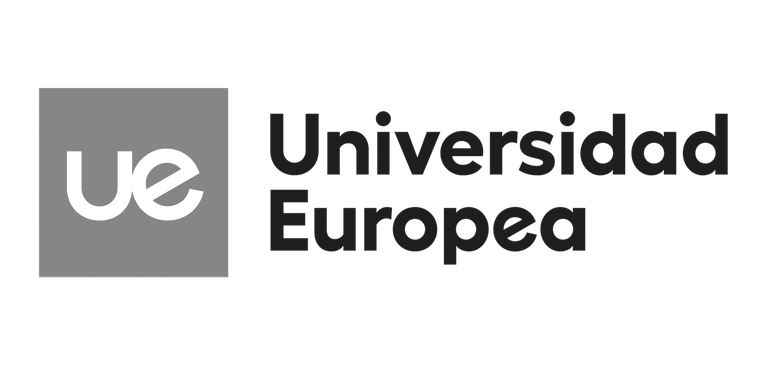


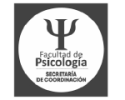



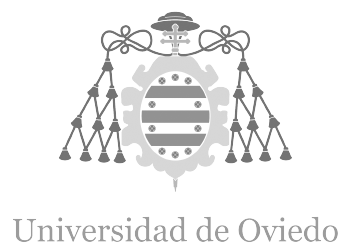
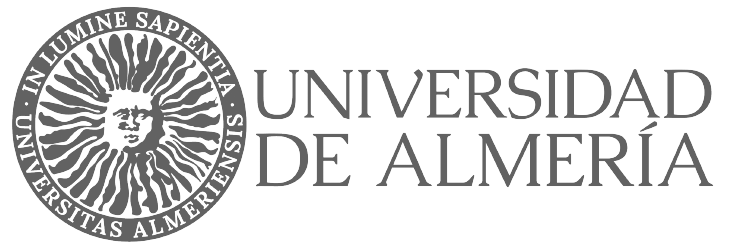
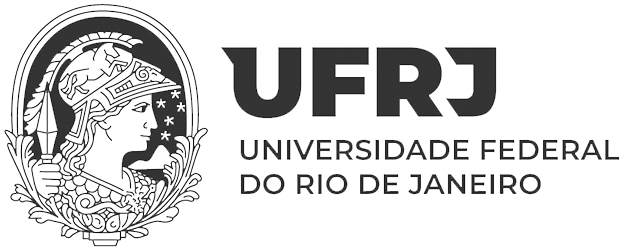

Este proyecto ha recibido financiación de la Unión Europea del programa de investigación e innovación
Horizon 2020 bajo el acuerdo Nº 733901
© 2025 Nesplora S.L.
New Nesplora online application
Nesplora
desktop application
New Nesplora online application
Nesplora
desktop application